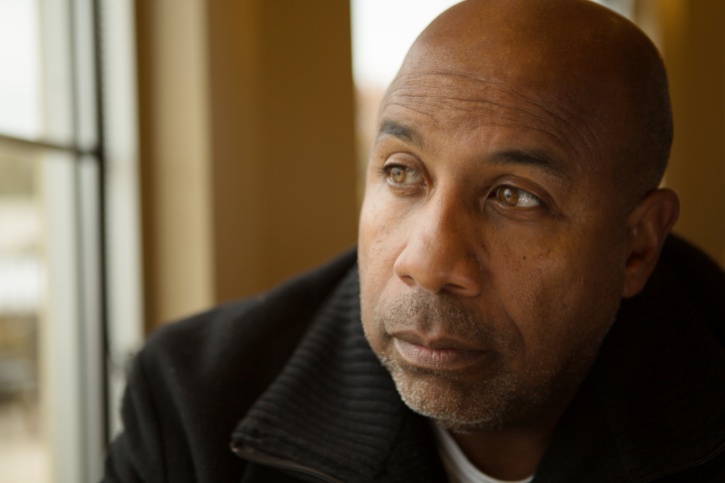 It’s common for people to experience a range of thoughts and feelings when faced with a diabetes diagnoses. “Diabetes runs in my family, but I don’t think I have it.” “Diabetes? That’s probably just that cake my wife made on Sunday.” Sound familiar?
It’s common for people to experience a range of thoughts and feelings when faced with a diabetes diagnoses. “Diabetes runs in my family, but I don’t think I have it.” “Diabetes? That’s probably just that cake my wife made on Sunday.” Sound familiar?
If you’ve been told you have diabetes and you don’t do anything about it, you may actually have two diseases: diabetes and deniabetes. Diabetes symptoms—which you probably experienced and ignored—include thirst, frequent urination, fatigue, and blurred vision.
Symptoms of deniabetes—denial of diabetes—include a refusal to admit that you have symptoms; an unwillingness to accept a diabetes diagnosis; and a lack of attention to the medical, dietary, exercise, and other recommendations your healthcare providers offer to help you manage the disease.
Unfortunately, denying you have diabetes won’t make it go away. In fact, if you don’t cure yourself of deniabetes, your diabetes is likely to get worse. If diabetes goes uncontrolled long enough it can lead to all kinds of complications that can have devastating effects on your eyes, kidneys, limbs and heart. The good news is that deniabetes is absolutely curable and diabetes itself is manageable. Once your deniabetes is managed, you can begin to manage your diabetes much more effectively.
Denial isn’t necessarily a bad thing and most people will experience a little denial after a diabetes diagnosis. Denial is a way to protect yourself from thoughts that are painful or uncomfortable. It can actually give you time to adjust to a stressful situation and think about making changes. Health experts describe denial as one of the stages of grief. After all, you are accepting a major loss—the loss of your “normal” life.
If you think of it that way—as a cause for grief—it’s easy to see why denial would be a natural response to a diabetes diagnosis. But getting through any grief is a process. There are five stages of grief. Denial is usually the first stage, followed by anger, bargaining, depression and, finally, acceptance. Experts say you can expect to cycle in and out of the stages of grief—including denial—several times on your path to acceptance.
The following steps can help you break free of denial:
Understand how diabetes works. Having a clear picture of how uncontrolled diabetes can affect your heart health, your kidney function, your ability to heal from a wound, can increase your sense of urgency when it comes to taking care of your health.
Make a plan. Work with your diabetes care team or other supporters to develop a diabetes care plan that includes your health care goals. Then post the goals where you will see them and be reminded to stay on track.
Enlist friends and family. Find family members, doctors, diabetes educators who are willing to work with you to keep you on track. Ask a member of your diabetes team about things you can do to take care of your diabetes. Find a fitness buddy who will exercise with you every day.
Beware of cycling back into denial. Studies suggest that even when you have accurate information, a good support system and the best intentions in the world, you can still experience symptoms of denial. If you find you are denying some parts of your diabetes care, ask your diabetes educator for help.
Click here to find a diabetes educator near you.
 Constance Brown-Riggs, MSEd, RD, CDE, CDN is a registered dietitian, certified diabetes educator, national speaker and author of The African American Guide to Living Well with Diabetes.. She is Dannon One Yogurt Every Day Nutrition Advisor.
Constance Brown-Riggs, MSEd, RD, CDE, CDN is a registered dietitian, certified diabetes educator, national speaker and author of The African American Guide to Living Well with Diabetes.. She is Dannon One Yogurt Every Day Nutrition Advisor.









